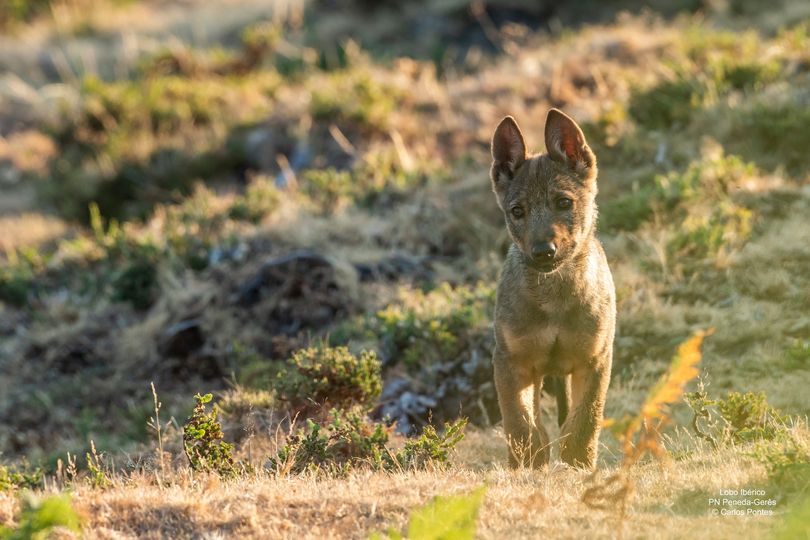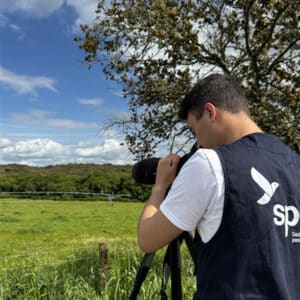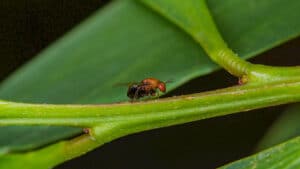Wolves caught in traps made of steel cables; one bludgeoned to death
Three unidentified people have been sentenced to between seven months and two years, two months in jail, suspended, for the slaughter of six protected wolves in the Peneda-Gerês national park.
The three have also been fined a total of around €20,000.
The details of the ruling were published on the website of Porto District Attorney’s Office today.
The case involved the killing of the wolves after they have been captured with steel cables.
According to prosecutors (and accepted by the court), the three “decided to capture and kill wolves that wandered into the Peneda-Gerês National Park. To do so, they made traps out of steel cables, which they set up in various places in Cabril, in the municipality of Montalegre, Vila Real district, with animal remains to attract the wolves”, in one case the carcass of a dead horse.
“Six wolves were caught in these traps, which the defendants found there on their rounds, one of them still alive, in February 2021, which the defendants beat to death; the others already dead, from asphyxiation or starvation, in April and July 2021”.
The court was told that the six wolves killed belonged to the Cabril Pack, which had its ‘habitat’ in the central region of the Serra do Gerês, between Terras de Bouro (Braga) and Montalegre (Vila Real), and that their deaths endangered the existence of the pack or, at best, “intolerably delayed its renewal”.
Two of the defendants were also convicted of jointly committing a serious environmental offence, with one of them liable to pay €4,000 and the other €3,000.
One of the defendants was also sentenced to a fine of €825 for the crime of possession of a prohibited weapon.
The Public Prosecutor’s Office filed a civil claim against the defendants, on behalf of the Portuguese state, as a result of the environmental damage, which resulted in the loss / degradation of the Cabril Iberian wolf community and, as a result, biodiversity in Portugal.
The claim was admitted, and the defendants were ordered to pay €20,000 jointly and severally, based on the actions they took, and the social, collective damage that affects the environment as the common heritage of the community, in other words, collective environmental damage.
Reports this far have given no explanation by the defendants as to why they set out on their killing spree of a species that is protected by law. But as wildlife photographer Carlos Pontes, who has spent his life following wolf packs in the Alto Minho/ Peneda Gerês told Público when these atrocities came to the media’s notice, “the idea that the wolf is bad has not been extinguished” from the collective conscience, particularly in rural communities.

Wolves, actually, “avoid human beings to preserve their own lives. (…) An encounter between a wolf and a person never has a negative outcome for the latter. Wolves never attack people. They know it is a losing battle and avoid it at all costs. They don’t even choose to attack humans to protect their young (…) We need more efficient policies for the preservation of the species and faster and less bureaucratic support mechanisms for the damage caused by wolves. Otherwise, we will continue to condemn them to extinction, precisely by human hand”, he said.
natasha.donn@portugalresident.com



















